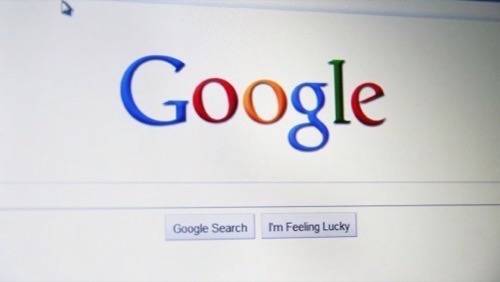
An Australian court made a huge mistake Monday. It ruled that Google can be treated as a publisher for the content of its search results — and therefore be found guilty of libel. If the ruling stands, Google will owe $200,000 to music promoter Milorad Trkulja, who sued Google because content on other websites linked him to criminal activity, and Google’s algorithm displayed those sites in search results for him.
According to a report in the Guardian, the offending materials suggested that Trkulja was a criminal and that rivals had hired a hitman to kill him. Though he had been shot in a restaurant in 2004, Trkulja has never been convicted of any criminal activity. But people said otherwise on the Web, and they published images as well, so Google did its job and indexed those search results.
Whose Fault Is It?
Trkulja’s lawyers began contacting Google in 2009 asking for these search results to be removed, but Google told them to take it up with the publishers of the content instead. That’s how this Internet thing works. If someone publishes lies about you, it’s their fault – not the fault of the people and companies who read those lies and link to them.
He sued Yahoo, which hosted the site that defamed him, and won $225,000 in damages in March. Not content with that, Trkulja sued Google for linking to the site that defamed him. Google maintained that it is not a publisher, but the jury was not convinced. It concluded that Google should have taken down the offending material after Trkulja put it on notice, and it awarded damages of $200,000. In the eyes of this court, Google is liable as a publisher, even though it merely indexed Web content published by others.
We got the same PR response from Google as the Guardian did in response to the ruling:
“Google’s search results are a reflection of the content and information that is available on the web. The sites in Google’s search results are controlled by those sites’ webmasters, not by Google.”
A source close to the situation tells us that Google is considering an appeal.
A Bad Precedent That Breaks The Web
This is not a good ruling. It breaks the Web. It is unfortunate that Trkulja was put in this situation, though, and he’s far from alone. I’ve covered other recent injunctions against Google for algorithmic auto-complete suggestions that put people’s names next to unsavory terms. This is not publishing. This is statistics. Google’s tools are merely reflecting the live state of the Web.
But Google is the gateway to the Web for millions of people, and what is true on Google is simply the truth as far as many uncritical searchers are concerned. Google should not be held responsible and asked to doctor its Web results. But people also should not have to deal with the fallout from false information about them that happens to rank well in search.
Clearly Google has to keep improving its reputation signals for the sites in its index, so it can more reliably filter out false information. But this ruling in Australia, if it stands and spreads to other countries, is not a workable solution.
Requiring Google to censor itself does not solve the problem. Google is not a publisher. It’s the responsibility of publishers to make sure the information they publish is accurate.
Lead image courtesy of Shutterstock.

















